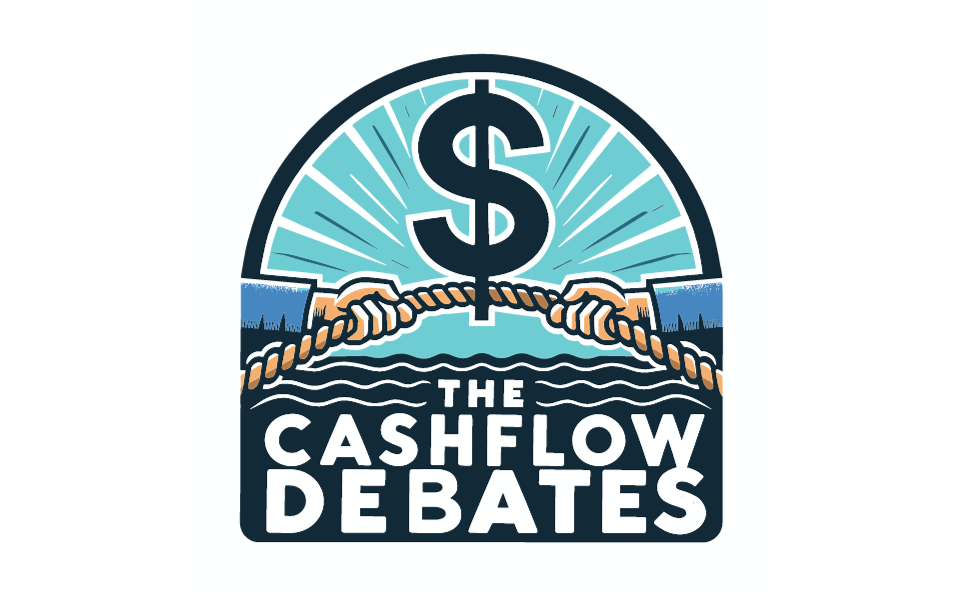
If you could be any fruit, which would you be and why?
It’s one of those crazy interview questions you hear about—and, admittedly, is fun to talk about—designed to test a candidate’s ability to think on his feet. But experts agree that in the long run curveball questions like this one don’t do much in the way of predicting long-term success in a role.
So what should you be asking?
Skip the tired “what are your biggest strengths” and instead focus on questions that will help you learn how the candidate approaches both his work and his relationships with others. After all, skills can be taught, but certain characteristics that make a person succeed at a job—problem solving, empathy, timeliness, etc.—aren’t so easy to instill.
Try these six questions in your next interview to identify candidates that truly shine.
Why do you want to work here?
This question’s goal is twofold.
First, it will reveal whether the candidate took the time to do his homework before showing up on interview day. He should be able to cite specific things about the company that appeal to him, like your reputation for being a great learning environment or your leadership training programs.
If his answer feels generic, it could mean he didn’t bother to research the position or he’s simply looking for anything with a paycheck.
Second, this question helps you understand what the candidate values in a position and what type of company he’s looking to work for. If he says, for example, he likes stability but you’re a young, evolving startup, it may be an indicator that the fit is off.
Tell me about a time you were faced with a problem and describe how you solved it.
 Today’s candidates have rich, diverse skill sets. Anybody can watch a YouTube video about how to use Excel or what to say in a sales pitch, but the truly remarkable candidates are able to do something that can’t be Googled: solve problems.
Today’s candidates have rich, diverse skill sets. Anybody can watch a YouTube video about how to use Excel or what to say in a sales pitch, but the truly remarkable candidates are able to do something that can’t be Googled: solve problems.
This question gives the candidate the opportunity to demonstrate this essential skill in the very best light. Look for candidates that answer confidently and are able to clearly articulate the steps they took to resolve the problem at hand.
Tell me about a time you failed at something.
Everybody fails. This question is less about seeing how bad a candidate crashed and burned than it is about testing their sense of self-awareness and humility.
It should be easy for a standout candidate to think of a situation that didn’t go as he had hoped. Bonus points if he’s able to elaborate on what he learned and how he might do things differently if given a second chance.
We all have people we work with that we don’t necessarily love. How would those people describe you?
This is an interesting question and one of my favorites to ask candidates. It’s a little like the “what are your weaknesses” question in that a candidate can hedge and use a cop out like “I work too hard.”
Look for candidates who are able to identify why they clash with some coworkers. This will be an important clue about their ability to work with contrasting personality types and navigate complex working relationships with poise.
If they say “I get along with everyone I work with,” it could be true, but it could also be an indicator that they lack self-awareness or transparency.
Where do you see yourself in five years?
The best job candidates are upwardly mobile. They possess drive, determination and the ability to set goals. This question will help you to unearth those qualities while learning more about the person’s long-term career ambitions.
As we’ve discussed before, employee development is an integral part of a strong company culture. By identifying a candidate’s desired path early on, you’ll be able to better provide the resources, coaching and development they crave to be a happy, engaged employee.
If their answer here lacks gusto, it could be a sign this person has a hard time thinking of the big picture.
What questions do you have for me?
Yep, it’s a little cliché, but this question is asked all the time for a reason. Like the first question, it’ll help flag a candidate who has no clue about the company or the role they’re applying for. It’s also a way to address any concerns or identify pain points that may indicate a poor match.
A strong candidate should have specific, well thought out questions about the position, the company and the day-to-day life of being your employee.
If you’ve already talked at length about these things and answered some of his questions earlier in the interview, he may have nothing left to ask here, and that’s fine. But if a candidate is considerably mum throughout the whole interview, it could be a sign he’s not that jazzed about the opportunity.
What are your favorite questions to ask during an interview? Share them with us in the comments below!
For more tips and techniques to be the best boss for your team, subscribe to our newsletter below.
















